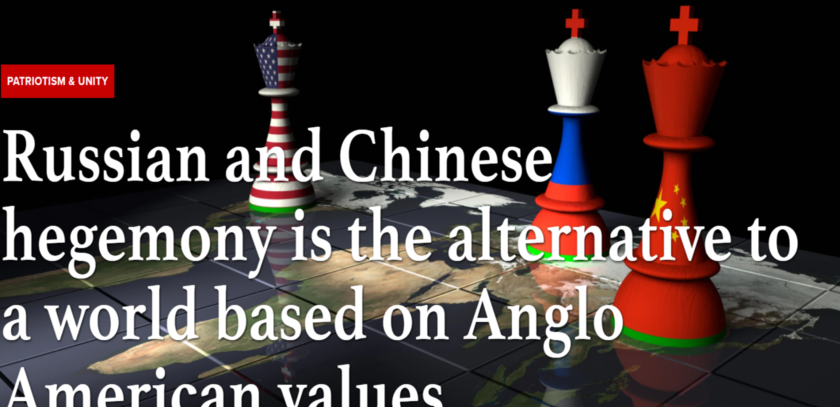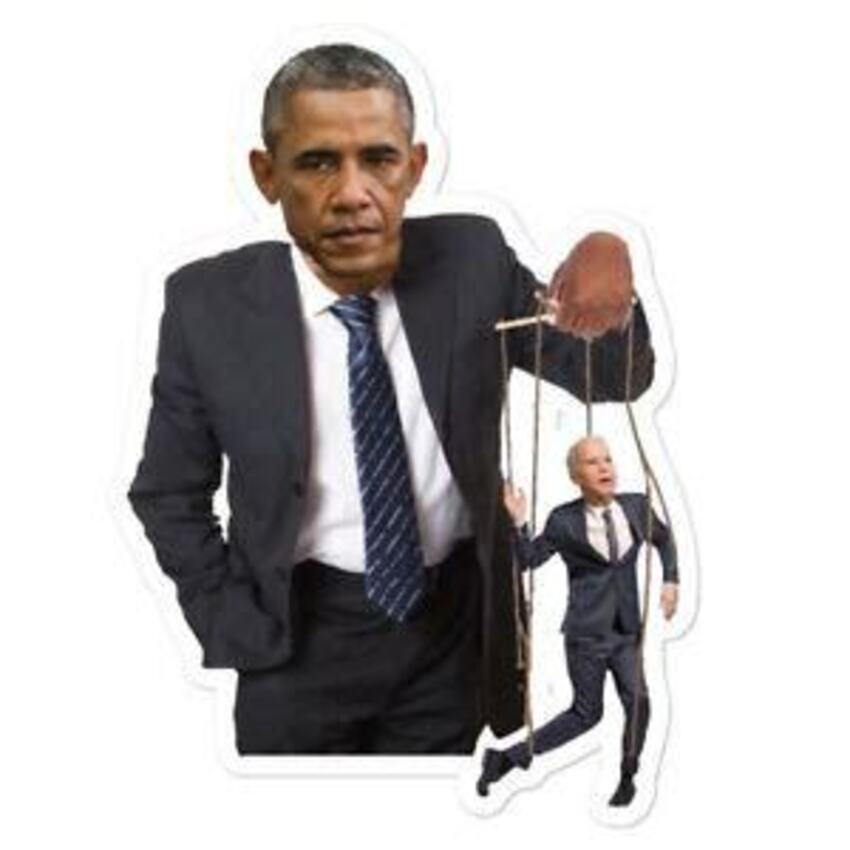Which keeps you awake more — a Chinese invasion of Taiwan or a Russian invasion of Ukraine?

Which keeps you awake more — a Chinese invasion of Taiwan or a Russian invasion of Ukraine?
Here’s a disquieting thought. What if the two happened, by pre-arrangement, on the same day?
It is no longer unthinkable. The two autocracies have their differences, but Russia and China are united in their hostility to Western values. If a shared distaste for free-market individualism was enough to push Hitler and Stalin together, might it not do something similar for Xi and Putin?
Russia is the only neighboring country with which China has no border disputes. Beijing continues to maintain hostile claims against every other contiguous state, from India and Mongolia to Vietnam and Korea, as well as against lands as distant as Indonesia and Brunei. But, significantly, it settled all its disputes with Russia in 2001.
Relations between the two authoritarian regimes have deepened since then. In 2013, deliberately echoing the language of the Anglo American alliance, Putin proclaimed a “special relationship” with China. Earlier this year, 10,000 troops from the two states engaged in a massive joint military exercise. The Chinese allowed Russian pilots to see their J-20 stealth fighter in use — the clearest possible way to tell the world that those aircraft won’t be used against Russia.
So, let’s ask the question again. What would happen if, while Russian armored columns were pouring across the steppes into central Ukraine, the People’s Liberation Army launched an amphibious assault against Red China’s democratic little neighbor?
On paper, the combined forces of the West might still have the edge. During the 1880s, the United Kingdom adopted what was called the “two-power standard,” meaning that the Royal Navy should always be more powerful than the second- and third-greatest navies combined. If we add all NATO forces together, along with those of core Western allies such as Australia and Japan (plus, obviously, Ukraine and Taiwan themselves), we could just about make an equivalent claim today. Perhaps not in quantity — the PLA has 2.2 million personnel in active service — but in quality, when we consider advanced weapons systems, missiles, and satellites.
How much of that force would we be prepared to deploy, though? Would we really risk all-out world war? Would every Western ally join in? I suspect that even in the countries that make up the military core of the Atlantic alliance — the United States and Britain — many would argue that these were distant lands, of far more importance to their immediate neighbors than to us.
I understand the force of that argument. After the Cold War, the West was tempted into military adventures that, to put it as neutrally as possible, did not work out as planned. We have plenty of other problems right now. The pandemic may fade, but the debt with which it has left us will not. Is it really our business to police the world?
The isolationist impulse has solidified during our present statue-smashing, BLM cultural moment. In an intellectual climate where everything is held to be the fault of white men in general, and colonialism in particular, it becomes much harder to argue for any kind of overseas deployment.
Still, we should be clear about something. The alternative to the Anglo American hegemony (which, after two centuries, we tend to take for granted) is not a world in which each country charts its own course. Such a world has never existed. There is always a hegemonic power; the only question is who gets to play that role.
When Britain yielded first place to the U.S. in the 1940s, there was little change in underlying values. The dominant powers continued to uphold personal freedom, private property, and the rule of law. Yes, they did so patchily and sometimes hypocritically, but they never doubted that these values were supreme.
When, in contrast, Britain yields influence to China, which is eagerly buying bases all over the Commonwealth, from Sri Lanka to Barbados, we can reasonably expect a cultural change — less emphasis on democracy, more on order, less on human rights, more on state power.
In 1914 and again in 1939, Britain went to war, not because she had been attacked, but because she sensed that allowing dictatorships to gobble up smaller neighbors would ultimately mean the end of a world dominated by Anglosphere values. On both occasions, Americans initially resisted that logic but later found themselves drawn in.
Are we prepared, after all those two mighty conflagrations, to cede our place to the authoritarians after all? Have we lost the will to deploy force in defense of freedom? If so, it is not just the Ukrainians and Taiwanese who stand to lose. The entire world will become a colder, darker, grimmer place.
##############3
















